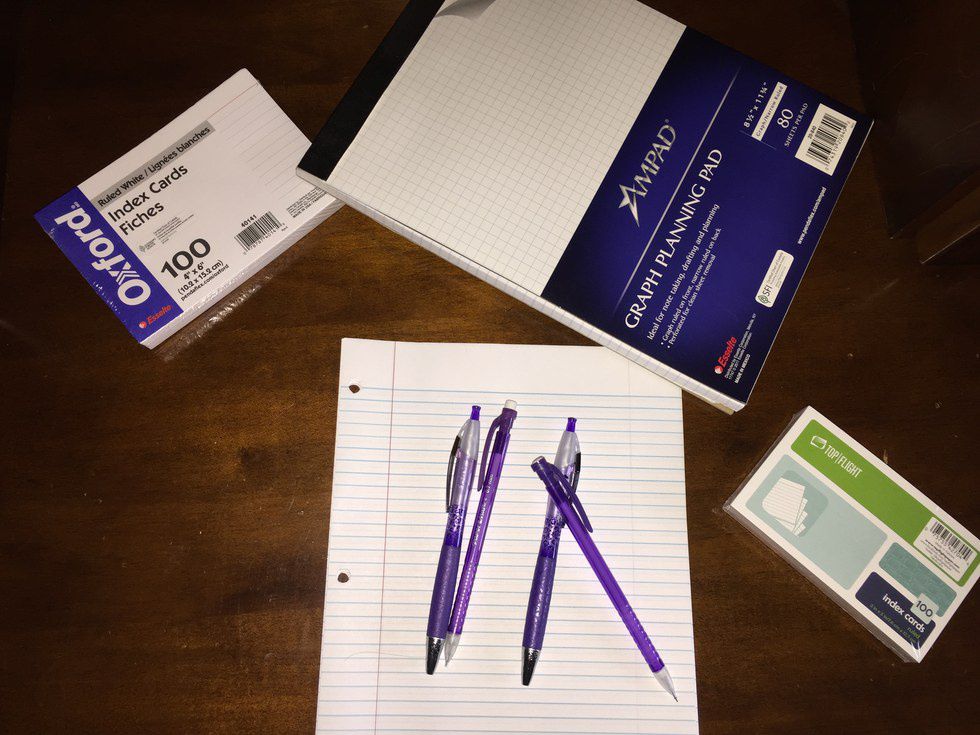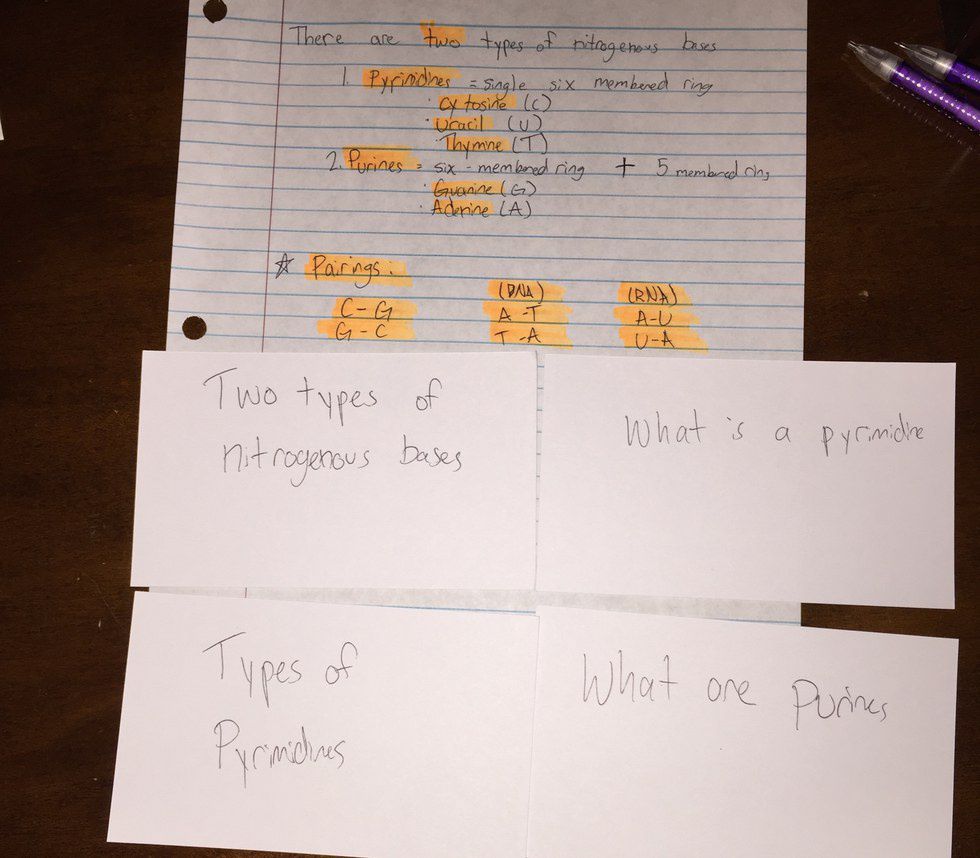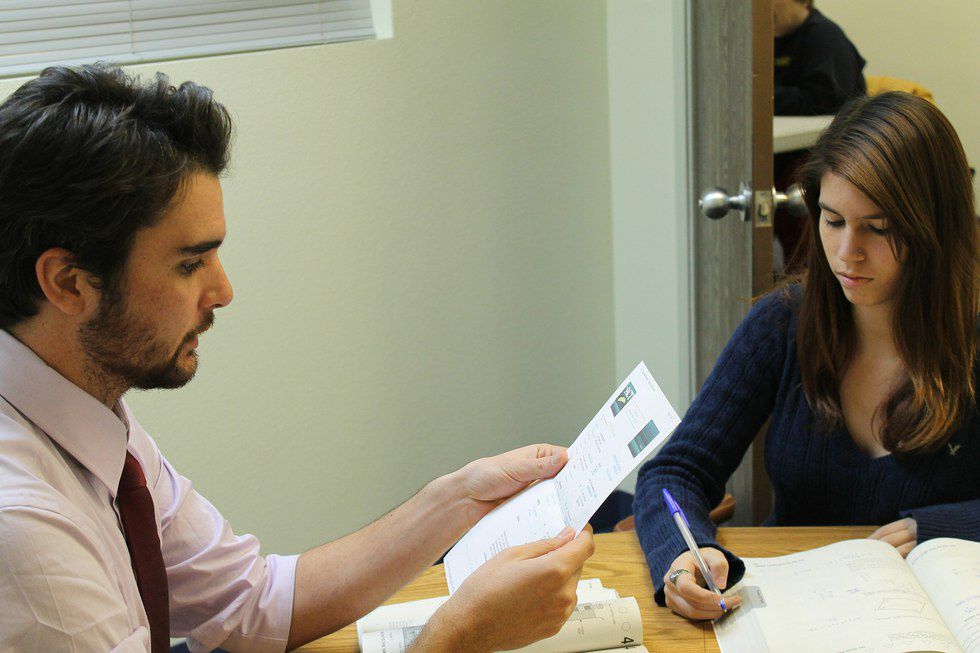e has trouble with a class every now and then. The first semester of college is an eye-opener. Many high school teachers coddle students, and so when these student gets to college, everything is much more challenging for them. As for myself, I realized that I can’t just keep sliding by the same way I did in high school. This isn’t to say that I didn’t try or struggle with certain classes and assignments in high school because I did, but I also didn't apply myself as much as I needed to my first semester of college. College doesn’t have to be a mind-boggling change. Here are a few steps you can use to help yourself succeed, especially in your first semester:
1. Come to class prepared
It might seem self-explanatory, but many students often go to class without supplies like pencils or notebook paper. If you don’t come to class prepared, you are not likely to care about your grade or pay attention in class.Introduce yourself to the professor. I know this is cliche, but it is authentically helpful. It shows the professor that you are interested in the class, and down the line, if you need a recommendation, he or she will be more likely to write a genuine letter of recommendation because you built that relationship with them.
3. Rewrite your notes or create flash cards
Studies show that physically writing and re-writing notes helps you remember the information more clearly and readily. Color-coordinating notes can help visual learners better remember lecture topics.
4. Fill out the study guide
If the professor provides a study guide, it is clearly going to be a helpful tool. Filling it out will help you know what will be on the tests/quizzes and what to study. If the professor doesn’t provide a study guide, get together with some classmates and create one of your own.
5. Do the homework and reading
If a professor assigns homework or reading, it is there for extra practice. Even if you think you understand the topic, try the homework because it won’t hurt you.
5. If you need help, ask for it
Let’s face it: asking for help can be intimidating, but if you don’t understand something, don’t sit there and drown in confusion. Raise your hand and ask for help. If you think you need extra help, go to your professor's office hours. Every professor has office hours to take time helping the students. If you can’t make it to office hours, email the professor or ask if there is another time you can meet after class. They're usually pretty flexible
6. Utilize other helpful (and free!) tools
SI (supplemental instruction) or the CSL (Center for Student Learning) are there for you. The SI session coordinators and most tutors in the CSL have been in your shoes; they’ve had your classes and they know the teachers. Typically, the CSL is open from 10:00 A.M. to 9:00 P.M.
7. Actually sit down and make time to study
Don’t wait until the last minute before a test to look over your notes. Make sure you practice in your down time. You can make flash cards, do practice tests and study with a group. Make sure you have no distractions and that you are in a relatively stress-free area.
8. Don’t miss class unless it is completely necessary
Don’t go to class if you are very ill, but don’t skip because you don’t feel like getting up or going to class. This will only put you behind because you will miss the notes. Even if you get the notes from a classmate, you are less likely to retain the information because you didn’t hear it directly from the professor
9. If all else fails, and you know you can’t pass, withdraw from the class
You will get a ‘W’ on your transcript, but many times the ‘W’ is better than failing the class.
Even though classes can be challenging and you might think you can’t do it, there is always a way to do better. Don’t just give up because you have many viable options to help you succeed.


























